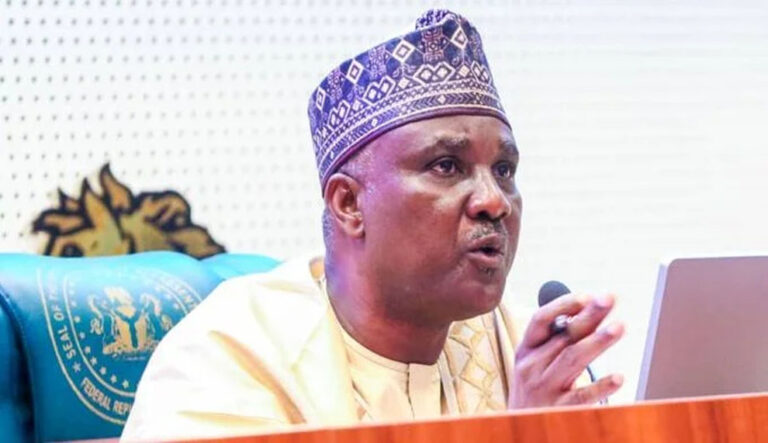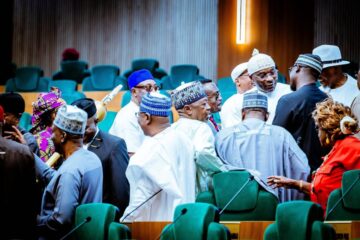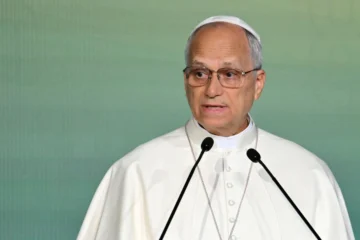Cashless policy, naira redesign reduced kidnapping, banditry in 2023 – Abbas

Speaker of the house of representatives, Tajudeen Abbas
Tajudeen Abbas, speaker of the house of representatives, says the cashless policy and “attempted” currency redesign by the Central Bank of Nigeria (CBN) curbed insecurity across the country in 2023.
Speaking in Abuja a workshop for security based committees on non-kinetic strategies and terrorism in Nigeria on Monday, Abbas said stringent anti-money laundering regulations would help disrupt the financial networks of terrorist groups.
“In Nigeria, the brief implementation of the cashless policy and the attempted currency redesign in early 2023 demonstrated the potential of financial measures to combat insecurity,” he added.
“They notably disrupted the financial networks that facilitate crimes such as kidnapping and banditry. However, these policies also underscored the critical need for proper implementation that accounts for Nigerians’ needs and realities.”
He emphasised that federal government must consider cost-effective measures to tackle insecurity.
He said resources often allocated to fighting insecurity could be invested in critical sectors such as education, healthcare, and infrastructure.
He said the country has spent billions of dollars on defence and security, stressing the need to prioritise “friendly,” non-kinetic measures that can achieve sustainable security solutions.
He said by implementing these non-kinetic options, the country would be able to reduce the economic strain on its citizens and ensure that vital sectors receive necessary attention.
“Nigeria has been grappling with terrorism, banditry, and other forms of insecurity for many years,” he said.
“Our response has relied heavily on the use of force, with significant resources devoted to military operations. Over the last two decades, billions of dollars have been spent on defence and security.
“Between 2008 and 2018, around $16 billion was allocated to defence, representing more than 10 percent of the federal budget over that period. In 2020, the total budget for security accounted for 16.8 percent of the total budget of $27.9 billion.
“In 2024, N3.25 trillion has been allocated to the defence and security sector, representing 12 percent of the national budget. These figures highlight the significant financial commitment to security, but they also underscore the need to consider more efficient and cost-effective approaches.
“Resources often diverted to combat insecurity could be more prudently invested in critical sectors such as education, healthcare, and infrastructure, which are fundamental to national well-being.
“By prioritising friendly, non-kinetic measures, we can achieve sustainable security solutions while reducing the economic strain and ensuring these vital sectors receive the attention they deserve.”
Abbas also announced the formation of a standing committee on peacebuilding and social cohesion within the house of representatives in order to foster peace and stability in the country.











